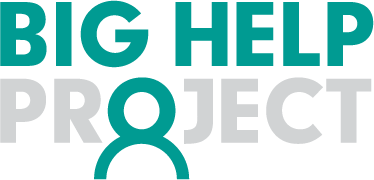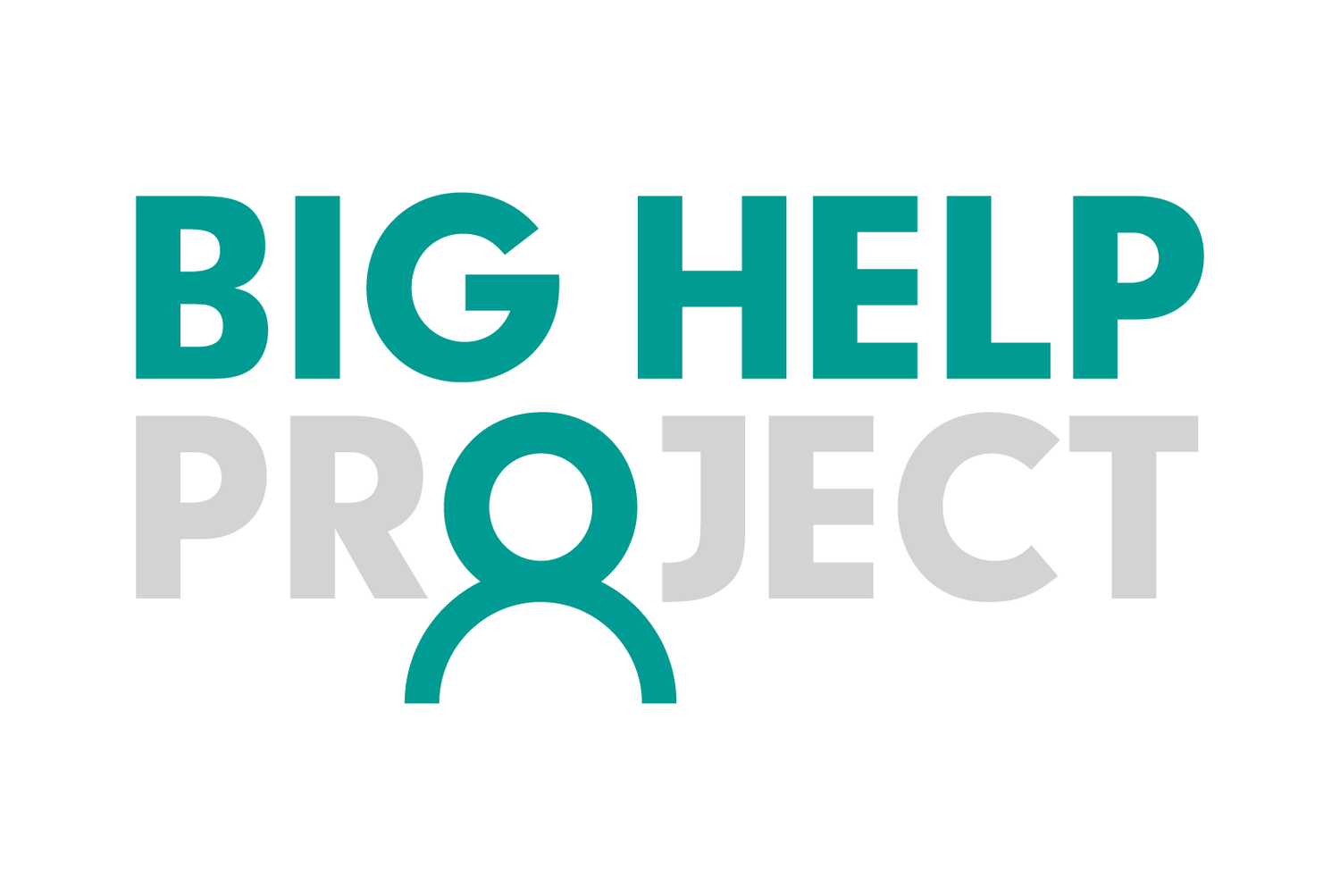Hygiene Poverty: A Rising Concern in Schools
Poverty should be acknowledged in its varying forms, and hygiene poverty is something that has only garnered a definition in the past few years. ‘The Hygiene Bank’ – an organisation working to address the issue that is hygiene poverty – defines it as: ‘not being able to afford many of the everyday hygiene and personal grooming products most of us take for granted…leaving us caught between being able to heat our homes, pay the rent, eat or be clean.’.
Just this week, it has been reported that increased numbers of UK pupils are expected to arrive at school with unclean clothes, unwashed hair, and unbrushed teeth, as teachers have noted a rise in hygiene poverty within schools – a rate which is expected to increase as we enter the new academic year.
Whilst this increased rate amongst pupils has raised alarm bells, young people are not the only ones suffering from hygiene poverty. 3.1 million adults in the UK are reportedly affected by hygiene poverty – that equates to 6% of the population – with 13% of low-income households experiencing it, as well as 21% of disabled people, and 11% of those from a minority ethnic background.
Contributing factors that have exacerbated the level to which people are suffering under hygiene poverty include the cost-of-living crisis, where the expectation for a sustained rise in living costs will leave people unable to afford continuous purchases of products such as deodorant, the running of a washing machine or a visit to a laundrette, and opting for toilet roll rather than sanitary products such as pads and tampons. Where households may have a carefully divided budget, rising costs of the aforementioned products can feel like a luxury when purchased under those circumstances, and isn’t something that many families can justify. In addition to this, the aftermath of the pandemic has reportedly left 54% of those living in hygiene poverty unable to afford essentials.
Other contributing issues are factors such as poor mental health, the end of a relationship, or bereavement.
Julie McCulloch, the director of policy at the Association of School and College Leaders (ASCL), said: “Hygiene poverty is linked to very high levels of deprivation as families struggle with the cost of things like washing machines, energy bills and clothes. Many schools routinely help out by discreetly washing clothes and providing items of uniform.”.
As expected, the impact on a person’s mental and physical health as a result of hygiene poverty can be immense. As per The Hygiene Bank’s research, three in five of those experiencing hygiene poverty have had a significant impact on their mental health, with 50% saying they felt anxious or depressed, and 49% saying that they felt a sense of shame as a result of going without basic hygiene essentials. Alongside that, social isolation is a major consequential factor of hygiene poverty. 39% of participants in the aforementioned research reported that they had avoided seeing a friend as a result, where 36% said that they had avoided going to a social event, and 32% had avoided seeing family. With a continuously rising cost of living, this maintained level of isolation can become incredibly unhealthy both physically and mentally – a third of participants did note that their physical health had become affected.
Work and school – major social elements of people’s lives – are also significantly hit with regard to hygiene poverty. One in eight people said that they had avoided going to a job interview as a result, 12% had avoided going to work, and 9% had avoided going to school – 16% for 18-24-year-olds. Persistent absence in pupils is not simple something that weighs on their grades and attainment, but something that will perhaps put a significant dent in their social skills.
Two in five parents participating said that their children’s confidence had been negatively impacted, and 39% stated that their child had declined in their participation in hobbies including sports.
Foodbanks are reported to often be the first port of call for support regarding hygiene poverty, although many people have expressed concern over the lack of access to services – or even with access, limited supply – close to them. Almost half were too embarrassed to ask for help in the first place, and shame prevented them from turning to friends or family.
The level of stigma surrounding hygiene poverty, oftentimes a matter of a lack of understanding of the root causes, does create a significant barrier to accessing support. Two in five participants responded that they felt judged for going without basic toiletries, and four in five said that this judgement had stopped them from reaching out for support.
Returning to the matter of pupils facing hygiene poverty, as has been reported this week, a number of school staff said that they themselves had taken students’ uniform or PE kits home and washed them, or handed out laundry detergent to families in need of it. According to market research company Attest, 26% of participants (teachers) had noticed absenteeism as a result of hygiene poverty, 53% had seen pupils be left out or isolated in lessons, and 50% had seen a negative impact on the mental health of the students. One respondent stated that “students are often left with no desk partner in class, [which] makes it awkward for staff members to deal with the situation. Students are often faced with working alone [and] other students make nasty comments in front of the class to single them out.”.
Donations of basic hygiene essentials can be made to local foodbanks – including Big Help Project’s – where those suffering from hygiene poverty can have increased access to supply. Items such as deodorant, shampoo, conditioner, etc. are often some of the first products to go, and so an influx of supply is welcome. It should be noted, however, that limited access to the products themselves are not the only thing exacerbating this issue, and having the finances to keep water running, to keep electricity running, and gas heating the home are all contributing factors.
Source –
https://thehygienebank.com/who-we-are/what-is-hygiene-poverty/


